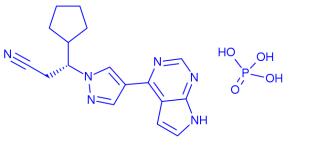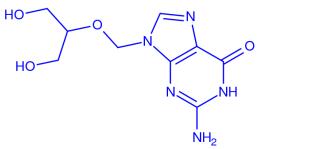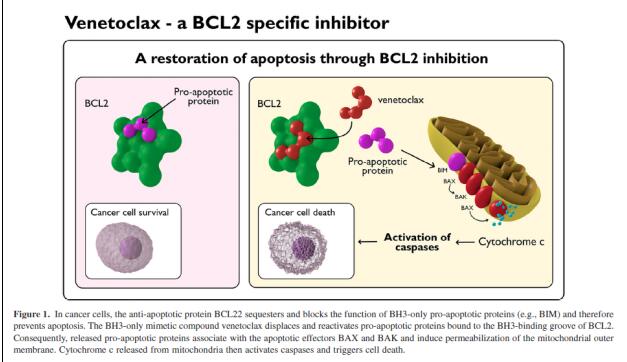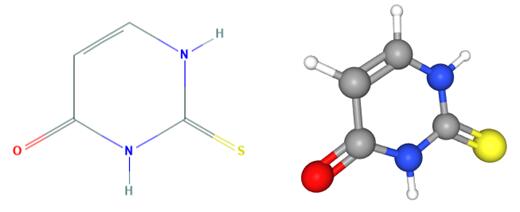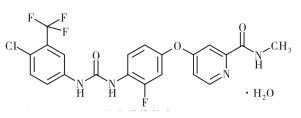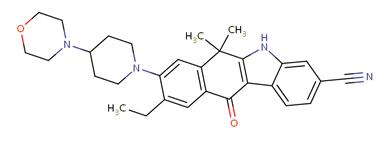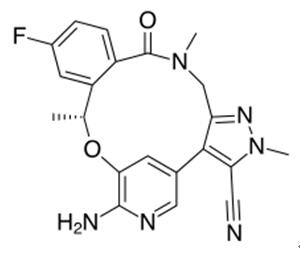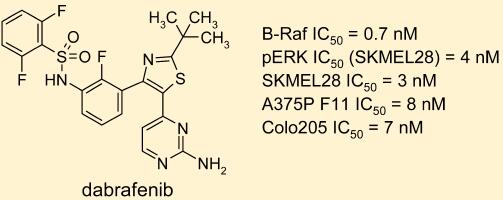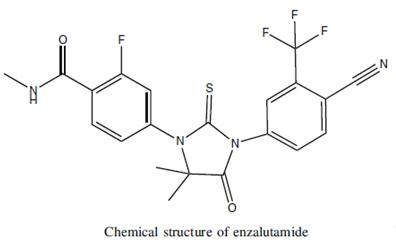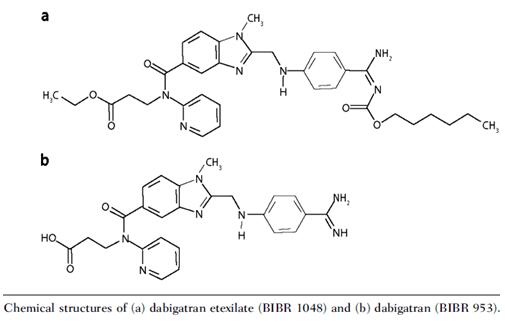Inhibitor refers to substance that can hinder the chemical reactions, biological reactions (including immune response) and biological activity. In present time, commonly used inhibitors include immunosuppressants and inhibitors. 1. Immunosuppressive agents: immunosuppressants system refers to drug that can reduce the immune response. It can selectively suppress certain steps of the immune response and immune cells. Immune response refers to the body’s response to a variety of pathogenic substances. Some reactions are favorable to the body and can enhance the body's resistance to disease; some have adverse effects on the body and can cause tissue damage or disorders of physiological functions (allergy). Therefore, patients suffering from allergic reactions being harmful to the body should be subject to the treatment of immunosuppressant to affect the related immune processes and reduce the immune response of the body. For the treatment of various autoimmune diseases and weakening the tissue incompatibility, it has been developed of a variety of immunosuppressive agents, some of which have been widely used in clinical practice. Commonly used immunosuppressants include glucocorticoids (prednisone, prednisolone, etc.), alkylating agents (nitric oxide mustard, cyclophosphamide, thiotepa, busulfan, etc.), and antimetabolites (6- mercaptopurine, azathioprine, methotrexate, etc.). The mechanism of immunosuppressants, though not entirely clear, but is characterized by the following several aspects: ① most kinds of immunosuppressants can simultaneously inhibit cellular and humoral immunity and can be used for organ transplantation and autoimmune disease. ②Its inhibitory effect is strong for the primary immune response while the inhibitory effect against secondary response is weak. ③It can simultaneously act on normal and pathological immunity, therefore, can often lead to some complications. ④These drugs often have strong with serious adverse reactions. 2. Enzyme
What is Ruxolitinib phosphate?
Ruxolitinib is an oral inhibitor of JAK1 and JAK2, which is approved for the treatment of myeloproliferative neoplasm-associated myelofibrosis, further myeloproliferative neoplasms, polycythemia vera
Feb 10,2020 InhibitorsWhat is Ganciclovir?
Ganciclovir is a potent inhibitor of herpes viruses, including CMV. It is a nucleoside analogue that suppresses the replication of herpes viruses and functions as a virustatic agent.
Feb 10,2020 InhibitorsWhat is Venetoclax/ABT-199?
Venetoclax is a first-in-class, oral, selective BCL-2 inhibitor (BH3-only mimetic). The drug is approved in numerous countries, including those of the EU and in the USA, for the treatment of adults wi
Feb 10,2020 InhibitorsWhat is 2-Thiouracil?
2-Thiouracil is a sulfur-containing uracil. An established antithyroid drug and highly selective inhibitor of nitric oxide synthase (NOS), 2-thiouracil also covalently binds to dopaquinone.
Jan 6,2020 InhibitorsWhat is Regorafenib?
Regorafenib (BAY 73-4506, Stivarga?) is a new oral small molecule multi-kinases inhibitor. It can inhibit the target kinases associated with angiogenesis and tumorigenesis.
Dec 26,2019 InhibitorsWhat is Alectinib?
Alectinib (trade name Alecensa) is a new type of highly selective ALK-TKI, which was approved by the US FDA on December 11, 2015 for accelerated crocodile patients with advanced (metastatic) NSCLC.
Dec 26,2019 InhibitorsLoratinib – a cyclic ether used in the treatment of Non-small Cell Lung Cancer
Lorlatinib is a small molecule inhibitor of ALK and ROS1 kinase developed by Pfizer for the treatment of ALK-positive non-small cell lung cancer. It has a role as an antineoplastic agent and an EC 2.7
Dec 24,2019 InhibitorsDabrafenib Mesylate(GSK-2118436B)- Pharmacodynamics & Bioactivity
Dabrafenib Mesylate is a salt form of Dabrafenib. Dabrafenib is an inhibitor of certain mutated forms of BRAF kinase, several of which may be associated with stimulating tumour growth.
Dec 13,2019 InhibitorsMDV-3100 (Enzalutamide)- Pharmacodynamic Properties
MDV3100, known as Enzalutamide, is a second-generation androgen receptor (AR) signaling inhibitor. It is able to inhibit binding of androgens to the AR, AR nuclear translocation, and the association o
Dec 13,2019 InhibitorsDabigatran etexilate (BIBR-1048)- Pharmacology
Dabigatran etexilate (Pradaxa, BIBR 1048, Boehringer Ingelheim) is the prodrug of dabigatran (originally known as BIBR 953), a potent, nonpeptidic small molecule.
Dec 13,2019 Inhibitors



